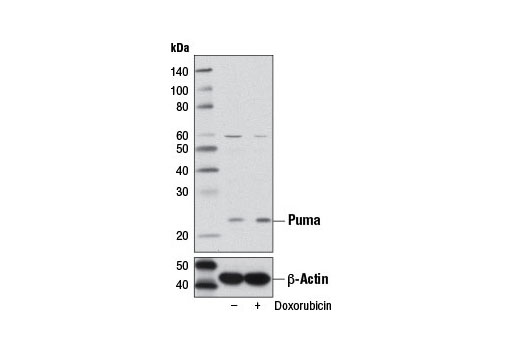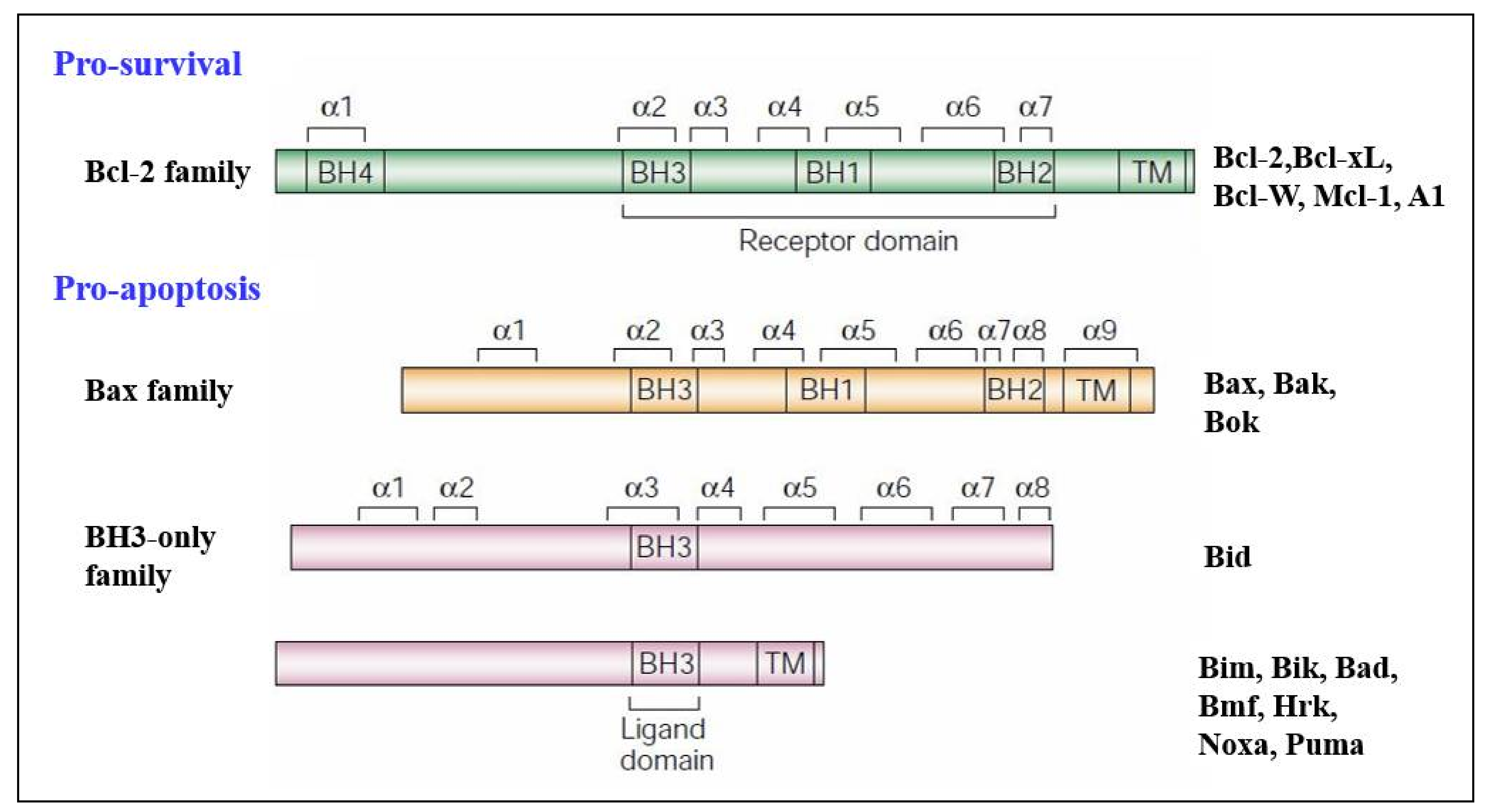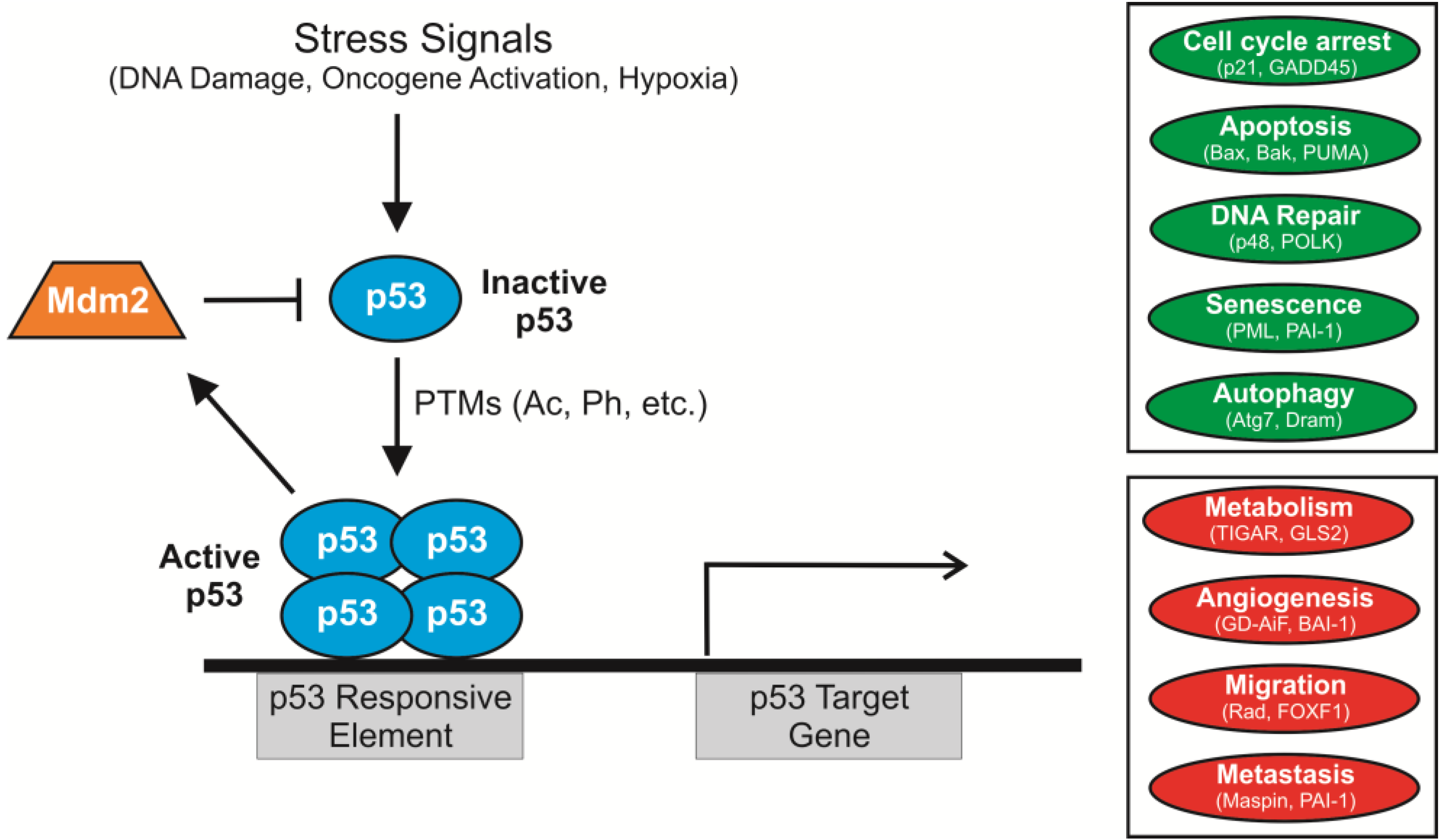BH3-only sensors Bad, Noxa and Puma are Key Regulators of Tacaribe virus-induced Apoptosis | PLOS Pathogens

PUMA Promotes Bax Translocation by Both Directly Interacting with Bax and by Competitive Binding to Bcl-XL during UV-induced Apoptosis | Molecular Biology of the Cell
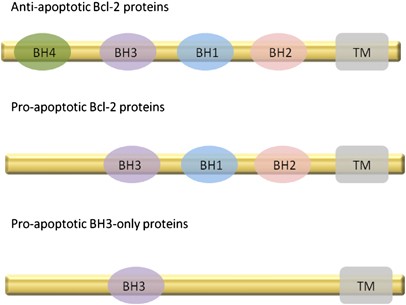
A review of the role of Puma, Noxa and Bim in the tumorigenesis, therapy and drug resistance of chronic lymphocytic leukemia | Cancer Gene Therapy

WRN suppresses p53/PUMA-induced apoptosis in colorectal cancer with microsatellite instability/mismatch repair deficiency | PNAS
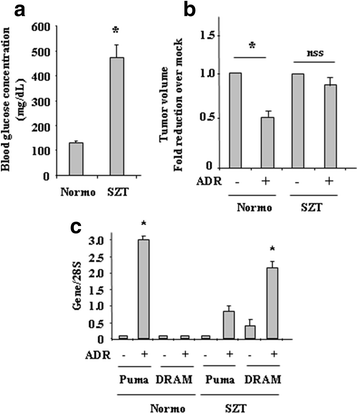
p53-Dependent PUMA to DRAM antagonistic interplay as a key molecular switch in cell-fate decision in normal/high glucose conditions | Journal of Experimental & Clinical Cancer Research | Full Text

Therapeutic Response to Non-genotoxic Activation of p53 by Nutlin3a Is Driven by PUMA-Mediated Apoptosis in Lymphoma Cells – topic of research paper in Biological sciences. Download scholarly article PDF and read for

The regulation of p53 up‐regulated modulator of apoptosis by JNK/c‐Jun pathway in β‐amyloid‐induced neuron death - Akhter - 2015 - Journal of Neurochemistry - Wiley Online Library
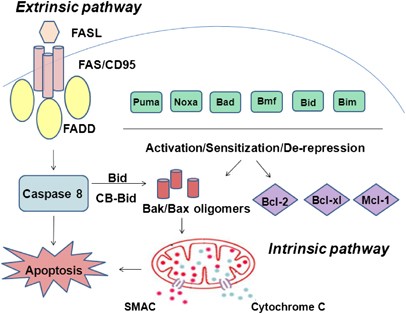
A review of the role of Puma, Noxa and Bim in the tumorigenesis, therapy and drug resistance of chronic lymphocytic leukemia | Cancer Gene Therapy
BH3-only sensors Bad, Noxa and Puma are Key Regulators of Tacaribe virus-induced Apoptosis | PLOS Pathogens
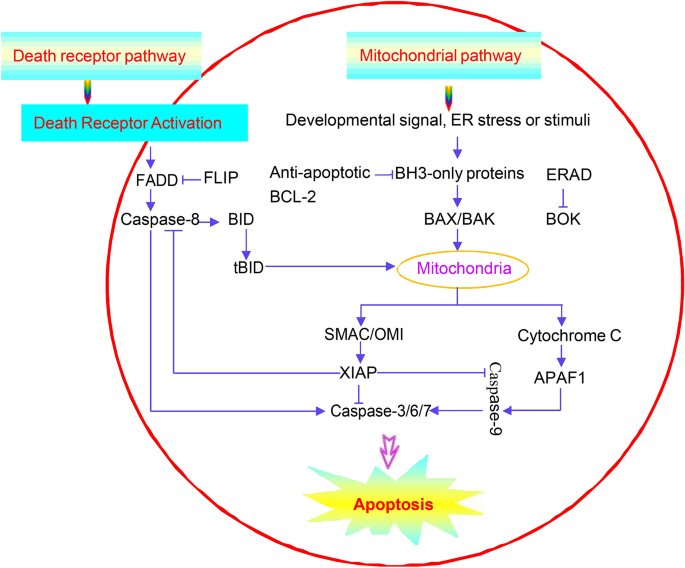
The role of P53 up-regulated modulator of apoptosis (PUMA) in ovarian development, cardiovascular and neurodegenerative diseases | SpringerLink

PUMA gene and protein structure. The human PUMA gene contains three... | Download Scientific Diagram
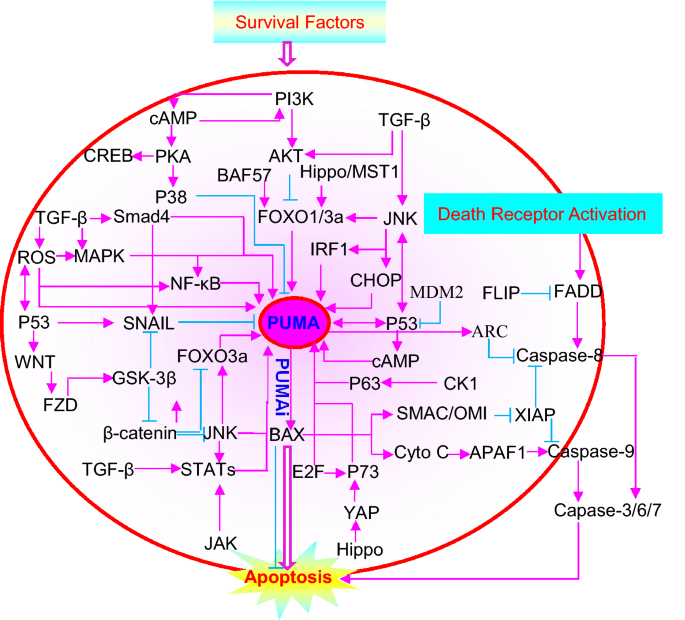
The role of P53 up-regulated modulator of apoptosis (PUMA) in ovarian development, cardiovascular and neurodegenerative diseases | SpringerLink
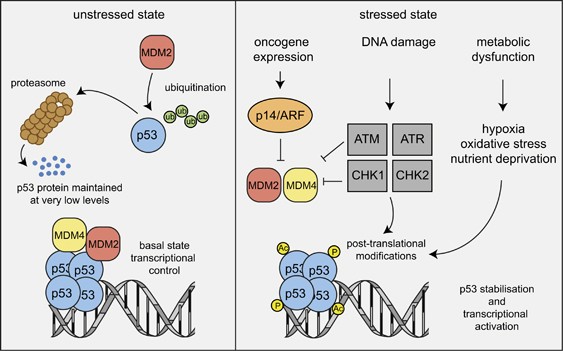
How does p53 induce apoptosis and how does this relate to p53-mediated tumour suppression? | Cell Death & Differentiation

The BBC3 Antisense Intragenic Transcript, BAIT, Contributes to PUMA Expression by a p53-Autonomous Mechanism | Semantic Scholar





